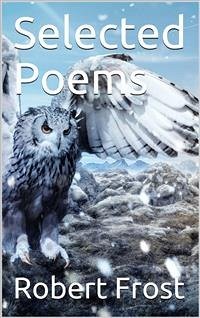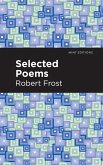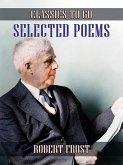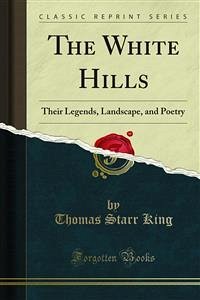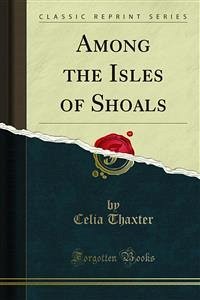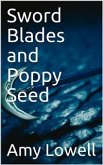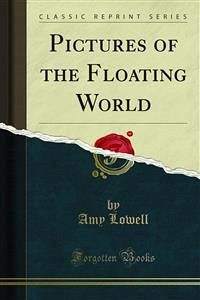This is a collection of collections. It gathers the first three of Robert Frost’s books into one volume. “A Boy’s Will,” “North of Boston,” and “Mountain Interval” are all part of Frost’s early work and they came out in a relatively short span: 1913, 1914, and 1916, respectively. However, one can see definite shifts in the nature of the poems across these collections. The poems of the first collection feature many shorter poems that are rhymed and metered. The middle poems are longer, are largely unrhymed and of varied meter / unmetered, and are often written as extended dialogs that convey a story or a bit of tension from one. The last collection features Frost’s most famous poem, “The Road Not Taken,” and contains many poems that are similar to that one in that they have more of the lyric quality of “A Boy’s Will” but take the form of a short meditation.
The theme that cuts across these poems is rural New England life. Apple-picking, wall mending, visiting someone in a snowy scene-- these are the kind of events that transpire in this work. Nature features in Frost’s poems, but is largely secondary to the human element—a setting not a subject.
John F. Kennedy said of Robert Frost: "He has bequeathed his nation a body of imperishable verse from which Americans will forever gain joy and understanding." A four-time winner of the Pulitzer Prize for poetry, Frost created a new poetic language that has a deep and timeless resonance.
In addition to Robert Frost's first three books, this collection includes eighteen early poems that did not appear in his eleven books of poetry and have rarely been reprinted. Some of these express the idealism of youth inspired by heroic figures of the past. Others are love poems to Elinor White, whom he married in 1895.
The theme that cuts across these poems is rural New England life. Apple-picking, wall mending, visiting someone in a snowy scene-- these are the kind of events that transpire in this work. Nature features in Frost’s poems, but is largely secondary to the human element—a setting not a subject.
John F. Kennedy said of Robert Frost: "He has bequeathed his nation a body of imperishable verse from which Americans will forever gain joy and understanding." A four-time winner of the Pulitzer Prize for poetry, Frost created a new poetic language that has a deep and timeless resonance.
In addition to Robert Frost's first three books, this collection includes eighteen early poems that did not appear in his eleven books of poetry and have rarely been reprinted. Some of these express the idealism of youth inspired by heroic figures of the past. Others are love poems to Elinor White, whom he married in 1895.

